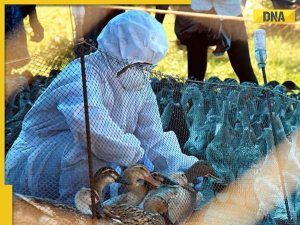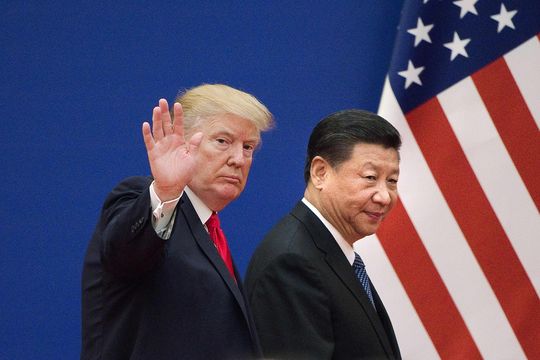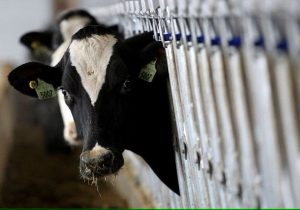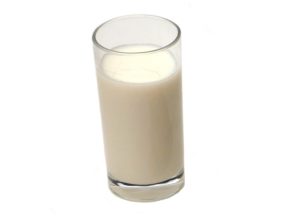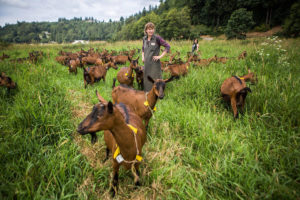Cong Liang, secretary general of the National Development and Reform Commission (NDRC) made the remarks in an interview with reporters here on Monday.
China has actively displayed sincerity in cooperation and made good progress in purchasing U.S. agricultural products after the Osaka meeting between the two heads of state, Cong said Monday.
From the conclusion of the Osaka meeting to the end of July, a total of 2.27 million tonnes of U.S. soybeans were newly shipped to China, and another 2 million tonnes of soybeans are expected to be loaded in August, said Cong.
Of the 14 million tonnes of U.S. soybeans signed in the agreement by enterprises of both countries, only 300,000 tonnes are left to be loaded in September, Cong added.
Since July 19, Chinese companies have made inquiries about purchasing U.S. soybeans, sorghum, wheat, corn, cotton, dairy products, hay, ethyl alcohol, soybean oil, wine, beer, fresh and processed fruits and other agricultural products.
By the evening of Aug. 2, a number of deals had been concluded, including 130,000 tonnes of soybeans, 120,000 tonnes of sorghum, 60,000 tonnes of wheat and 40,000 tonnes of pork and pork products, according to Cong.
“China and the United States are highly complementary in the agricultural sector and the trade of agricultural products is in line with the mutual interests of both sides,” said Cong.
Cong said the reason that some U.S. products, including ethyl alcohol and corn, failed to clinch a deal in the Chinese market is because their prices are less competitive.
“We hope the United States will do more to clear obstacles and create conditions for China’s purchase of U.S. agricultural products,” said Cong.
